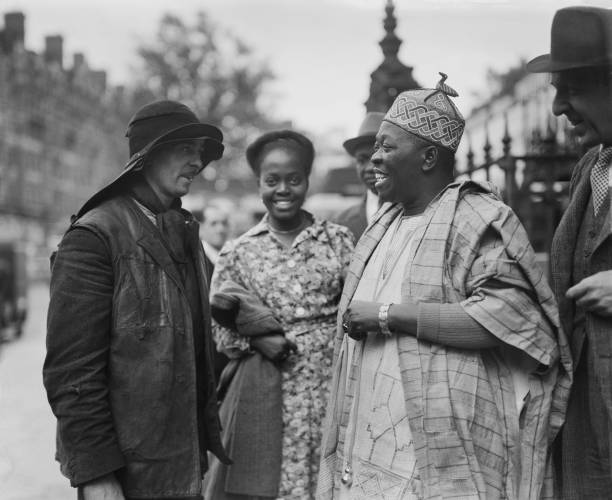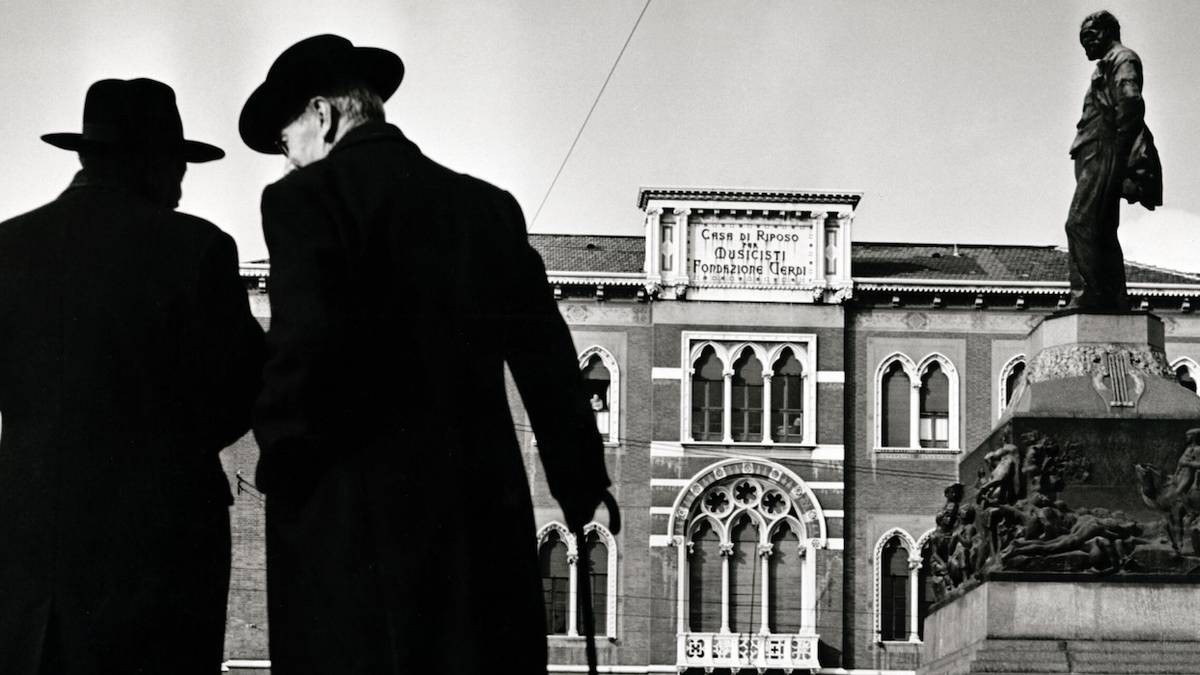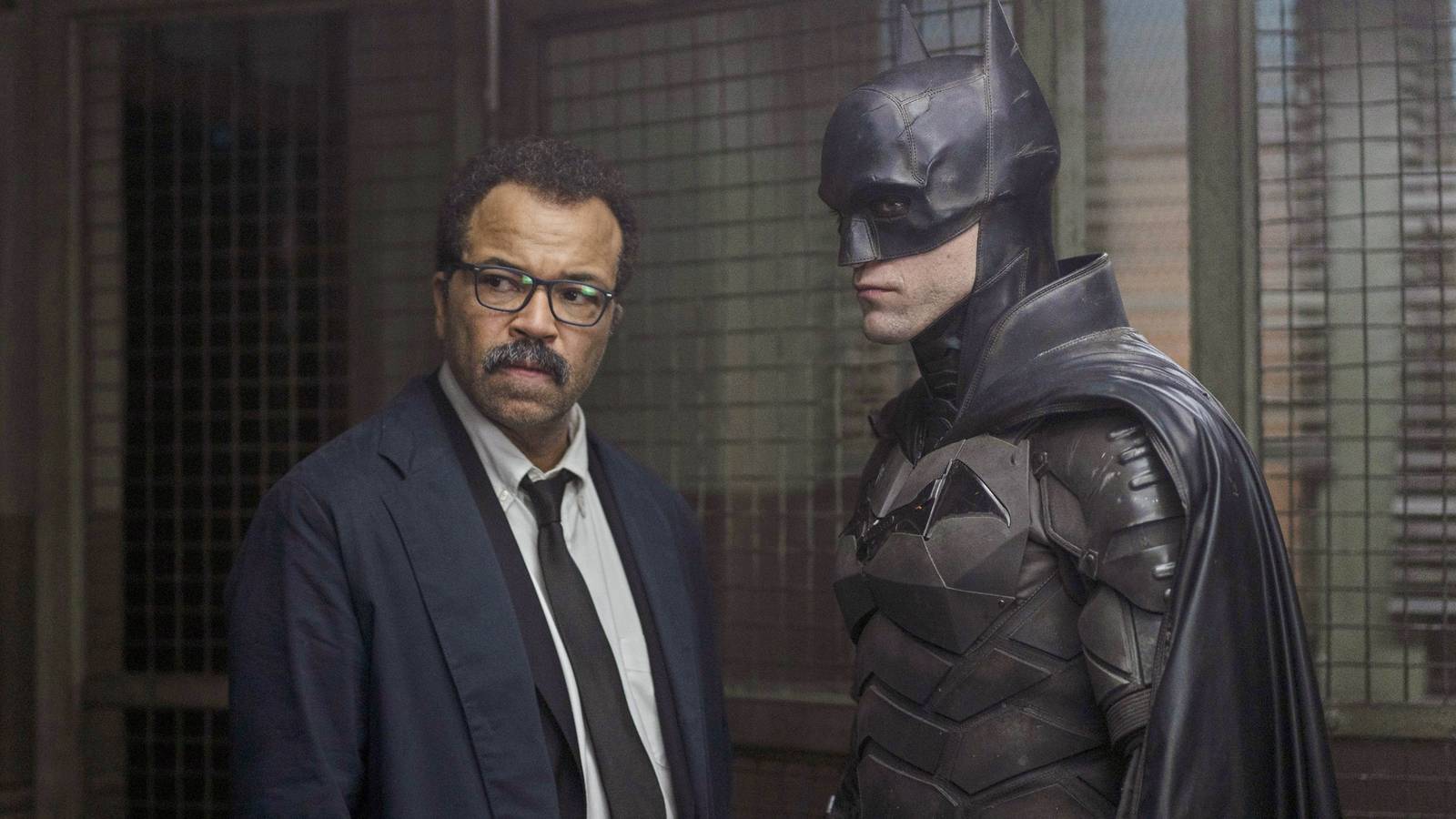Who Sold Nigeria? A Journey into the Royal Niger Company and the Auctioning of a Nation

When a Nation Wasn’t Born — It Was Bought
Many Nigerians speak of independence in 1960, but few speak of ownership before it. Fewer still ask the question that lingers like a ghost in the archives of our nationhood: Who sold Nigeria?
Long before we had a flag, an anthem, or a sense of nationhood, Nigeria wasn’t simply colonized — it was acquired. Not by gunfire alone, but by contract. Not through conquest alone, but through commerce. And at the heart of that strange transaction stood a company that many have now forgotten: The Royal Niger Company.
It’s an uncomfortable truth. One that forces us to rethink what we mean when we say “Nigeria.”
Before Nigeria, There Was a Business
In the late 19th century, the entity we now call Nigeria was not a single territory but a mosaic of kingdoms, emirates, and clans. From the Sokoto Caliphate to the Kingdom of Benin, from the Yoruba kingdoms to the Igbo federations — these were self-ruling societies with their own systems of justice, trade, and diplomacy.
SOURCE: oblongmedia
But as Europe’s appetite for Africa’s wealth intensified, so did the scramble to dominate its rivers, routes, and riches. Britain, eager to outpace Germany and France, took a different route — one not immediately through direct colonial rule, but by backing a corporation: The Royal Niger Company.
It was a trading firm with unusual power. By 1886, the British government had granted it a royal charter — effectively giving it the authority of a government. It could sign treaties, collect taxes, raise armies, and even go to war. And in the vast lands around the River Niger, it did all of this — in Britain’s name, but for private gain.
Treaties Signed in Ignorance, Power Transferred in Ink
The Royal Niger Company, under the leadership of men like Sir George Goldie, aggressively signed treaties with over 400 chiefs across the Niger basin. These treaties, written in English, were rarely understood by local rulers. Many of them were told they were simply agreeing to trade terms or protection — when in reality, they were surrendering sovereignty.
And the people? They didn’t get to sign. They didn’t get to read. They didn’t get consent. Their lands were handed over like properties on a ledger.
What began as a business quickly became governance. The company taxed trade, monopolized palm oil exports, and suppressed any competition, local or foreign. When resistance arose, it was crushed.
In 1895, the Egba people of Abeokuta resisted attempts by the Royal Niger Company to extend its control. Others, like the Itsekiri and the Igbo in the lower Niger, were dragged into conflicts they never started — all in the name of protecting corporate interest.
Nigeria Was Bought — Literally
By 1899, the British government decided to take direct control. But here’s where the story becomes even more startling.
Britain paid the Royal Niger Company £865,000 to relinquish its rights. That was the price for Nigeria — not for its land alone, but for its people, its future, and its fate. A business transaction. An invoice for a nation.
The deal included the company retaining 50% of mineral rights for years to come. In other words, even after “selling” Nigeria, the Royal Niger Company still had a claim to its oil, its tin, and its treasures.
And so, in 1900, the British Crown officially took over, forming the Southern and Northern Protectorates. Nigeria, as we know it, was born not in unity or ideology, but in paperwork, purchased like cargo.
Was It the Company That Sold Nigeria — Or Those Who Signed?
SOURCE: adobestock
This is where the question deepens. Yes, the Royal Niger Company signed the sale. But what of the chiefs who, knowingly or unknowingly, signed away their autonomy? What of the local elites who collaborated, guided, or enforced the company’s will?
Did they sell Nigeria? Or were they deceived? Did they surrender for protection, or for personal power?
And what about us, the inheritors? When we sell out our natural resources for short-term deals, are we not echoing the same betrayals? When politicians cut backdoor contracts with foreign companies, when we outsource our infrastructure, health systems, and even elections, are we not continuing the sale?
Are We Still Being Bought Today?
The spirit of the Royal Niger Company lingers — not in law, but in logic. Today, Nigeria does not need to be colonized to be controlled. It only needs to be bought.
We lease our oil blocs. We sell our gold. Our airports are built with foreign loans. Our railways, imported and installed. Even the software in our banks, voting systems, and telecoms is owned elsewhere.
Perhaps we must ask: Did we ever really reclaim Nigeria in 1960, or did we merely change management?
Who Owns Nigeria Now?
History teaches, but only if we listen. Today’s geopolitical landscape is full of new “companies” — foreign powers that come not with flags but with contracts, not with armies but with influence.
China builds our railways. The West controls our payment systems. Foreign corporations dominate agriculture through GMO seeds, technology through apps, and even politics through strategic sponsorship.
It’s still a trade. It’s still a transaction. And it still comes at a price.
Final Reflection: The Sale Was Never Just a Moment — It Was a Mindset
The sale of Nigeria didn’t just happen in 1899. It happens in boardrooms every day. In the ignored fine print. In budget leaks. In policies made to please donors, not people.
This history, though uncomfortable, is not meant to paralyze us with regret, but to empower us with perspective. Understanding the origins of a nation provides the crucial context for confronting the challenges we face today.
But this is not a call for blame. It is a call for awareness.
Because until we understand the roots of our nationhood — that we were bought, bargained, and branded — we will never truly reclaim it. We will keep mistaking symbols for sovereignty.
The Royal Niger Company may be dead, but its shadow still looms.
And the question remains: Who owns Nigeria now?
You may also like...
Explosive Racism Claims Rock Football: Ex-Napoli Chief Slams Osimhen's Allegations

Former Napoli sporting director Mauro Meluso has vehemently denied racism accusations made by Victor Osimhen, who claime...
Chelsea Forges Groundbreaking AI Partnership: IFS Becomes Shirt Sponsor!

Chelsea Football Club has secured Artificial Intelligence firm IFS as its new front-of-shirt sponsor for the remainder o...
Oscar Shockwave: Underseen Documentary Stuns With 'Baffling' Nomination!

This year's Academy Awards saw an unexpected turn with the documentary <i>Viva Verdi!</i> receiving a nomination for Bes...
The Batman Sequel Awakens: Robert Pattinson's Long-Awaited Return is On!

Robert Pattinson's take on Batman continues to captivate audiences, building on a rich history of portrayals. After the ...
From Asphalt to Anthems: Atlus's Unlikely Journey to Music Stardom, Inspiring Millions

Singer-songwriter Atlus has swiftly risen from driving semi-trucks to becoming a signed artist with a Platinum single. H...
Heartbreak & Healing: Lil Jon's Emotional Farewell to Son Nathan Shakes the Music World

Crunk music icon Lil Jon is grieving the profound loss of his 27-year-old son, Nathan Smith, known professionally as DJ ...
Directors Vow Bolder, Bigger 'KPop Demon Hunters' Netflix Sequel

Directors Maggie Kang and Chris Appelhans discuss the phenomenal success of Netflix's "KPop Demon Hunters," including it...
From Addiction to Astonishing Health: Couple Sheds 40 Stone After Extreme Diet Change!

South African couple Dawid and Rose-Mari Lombard have achieved a remarkable combined weight loss of 40 stone, transformi...
